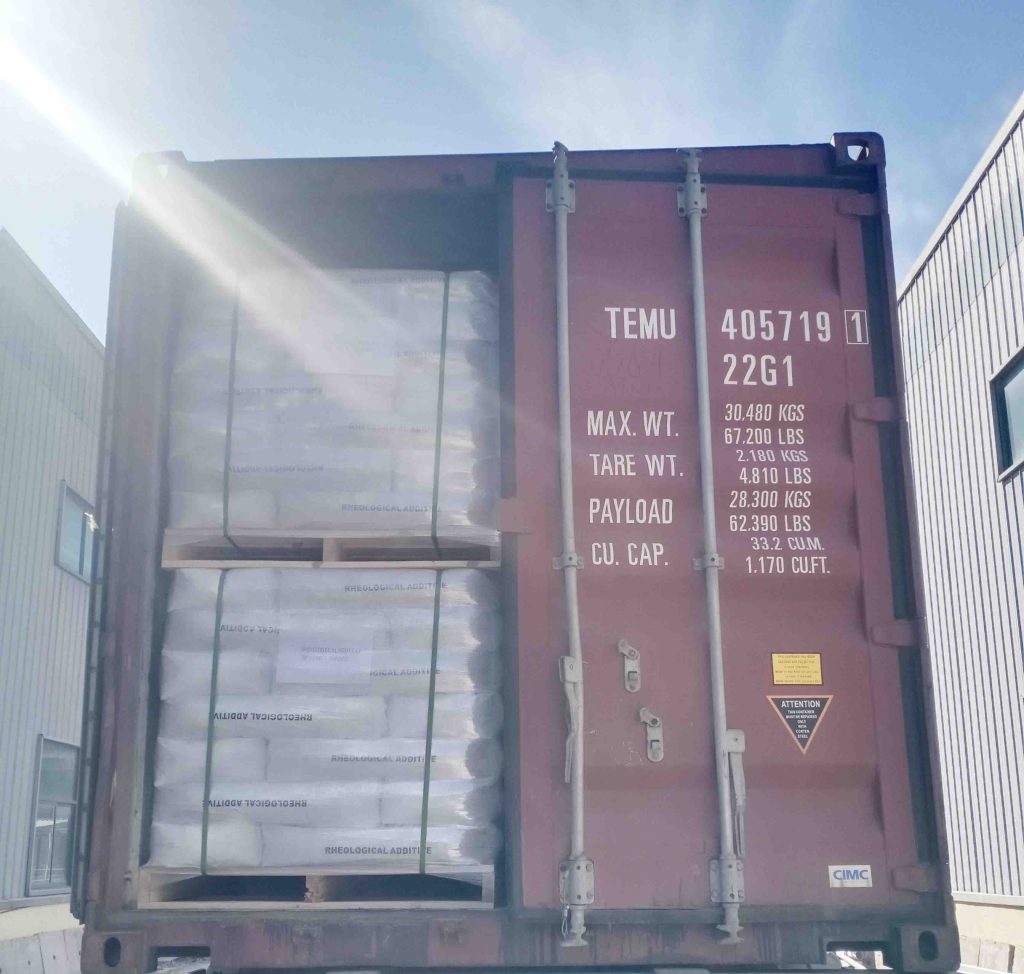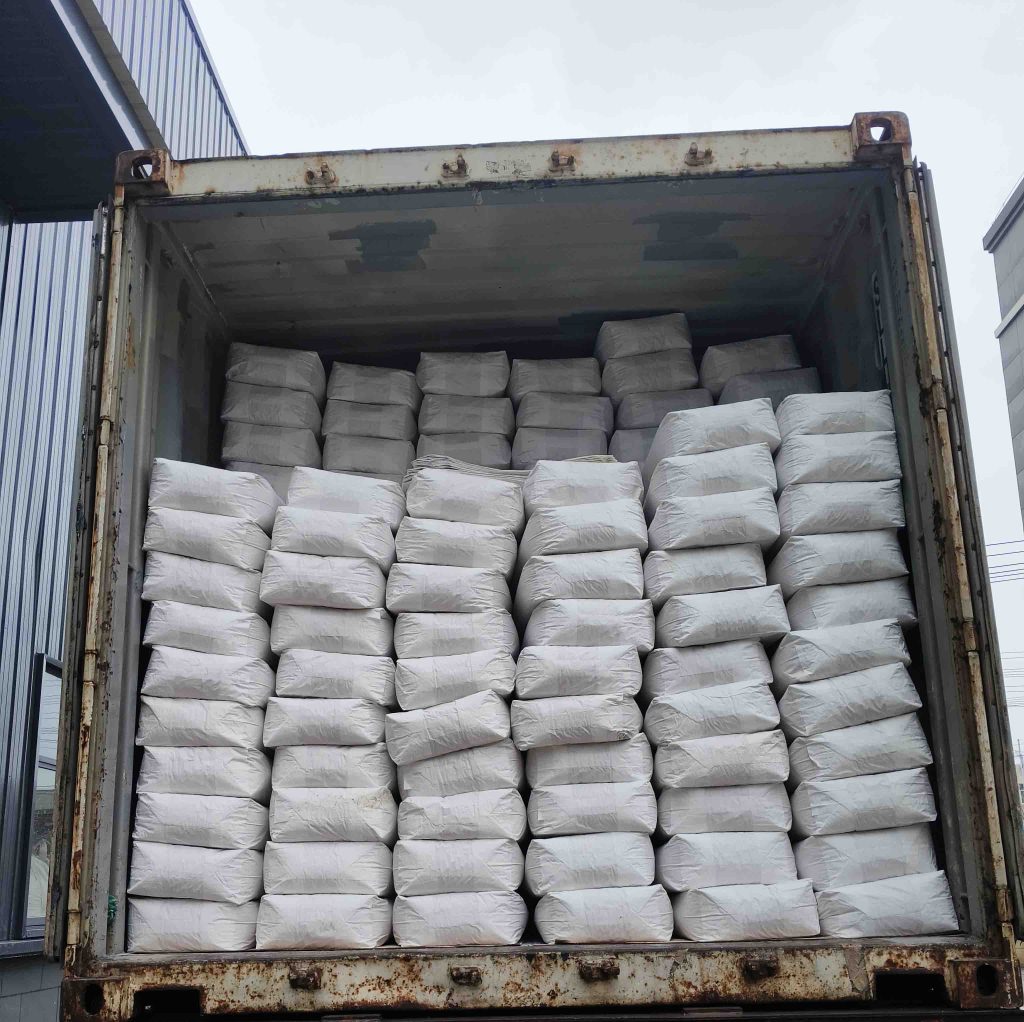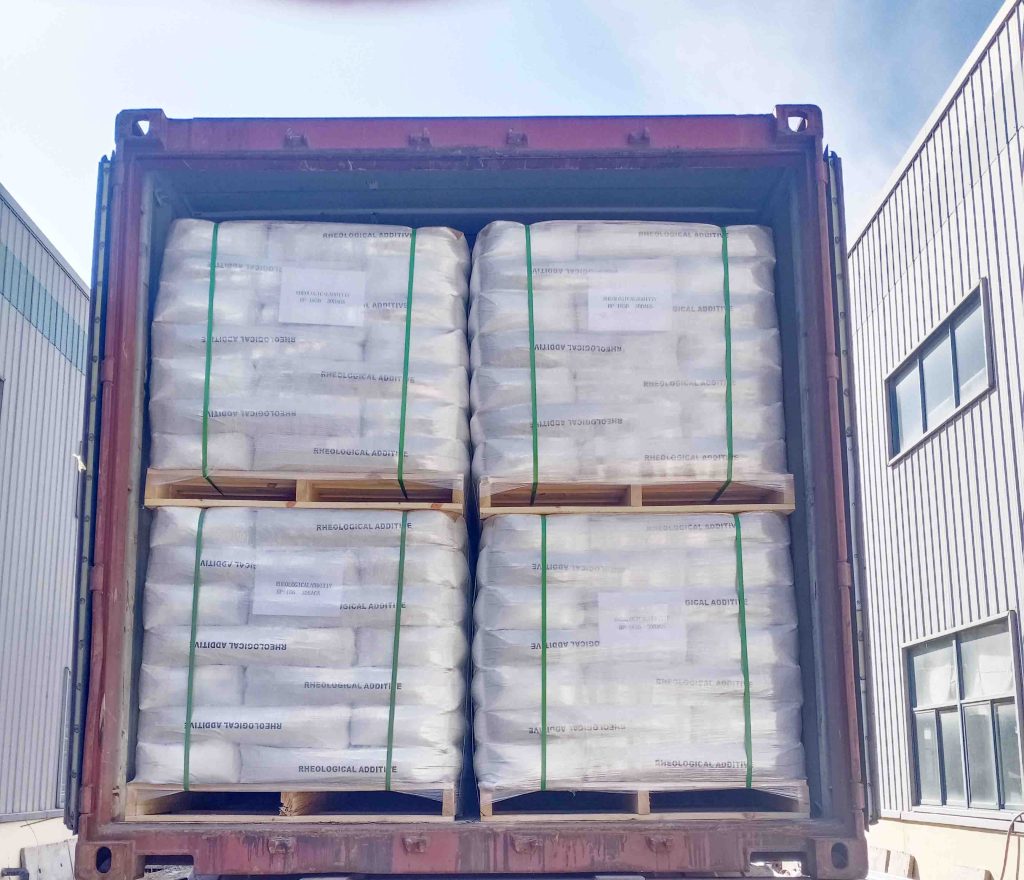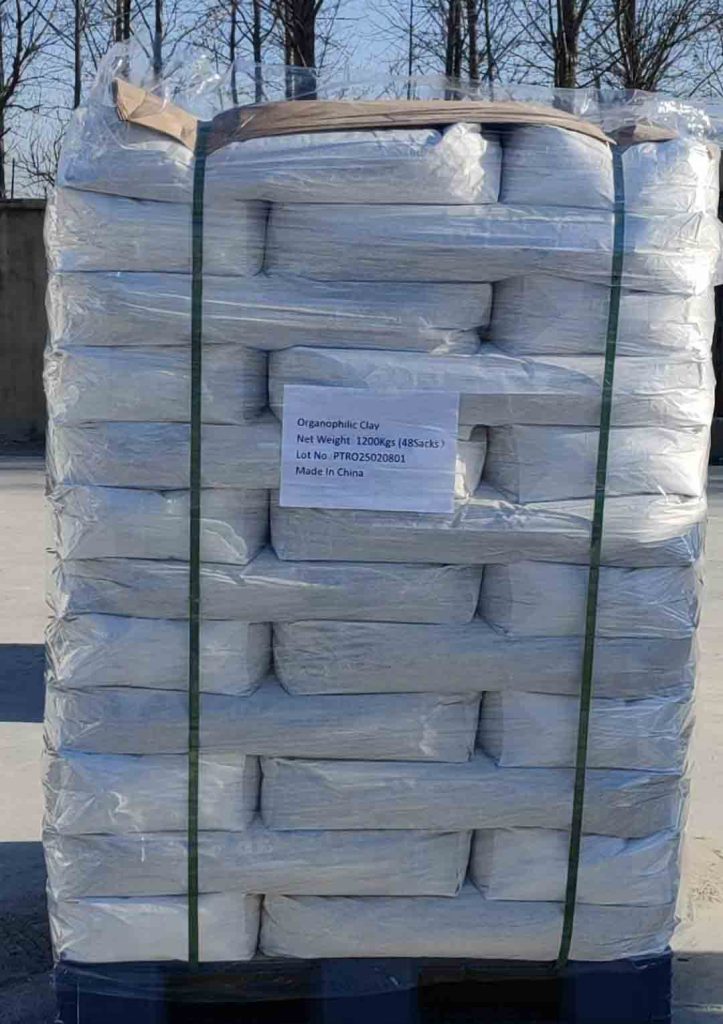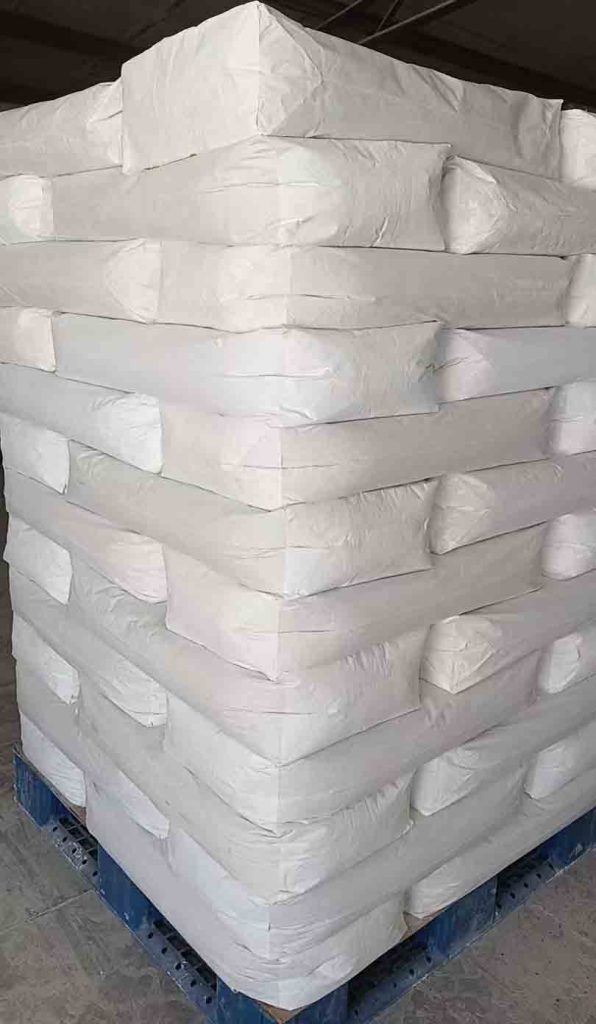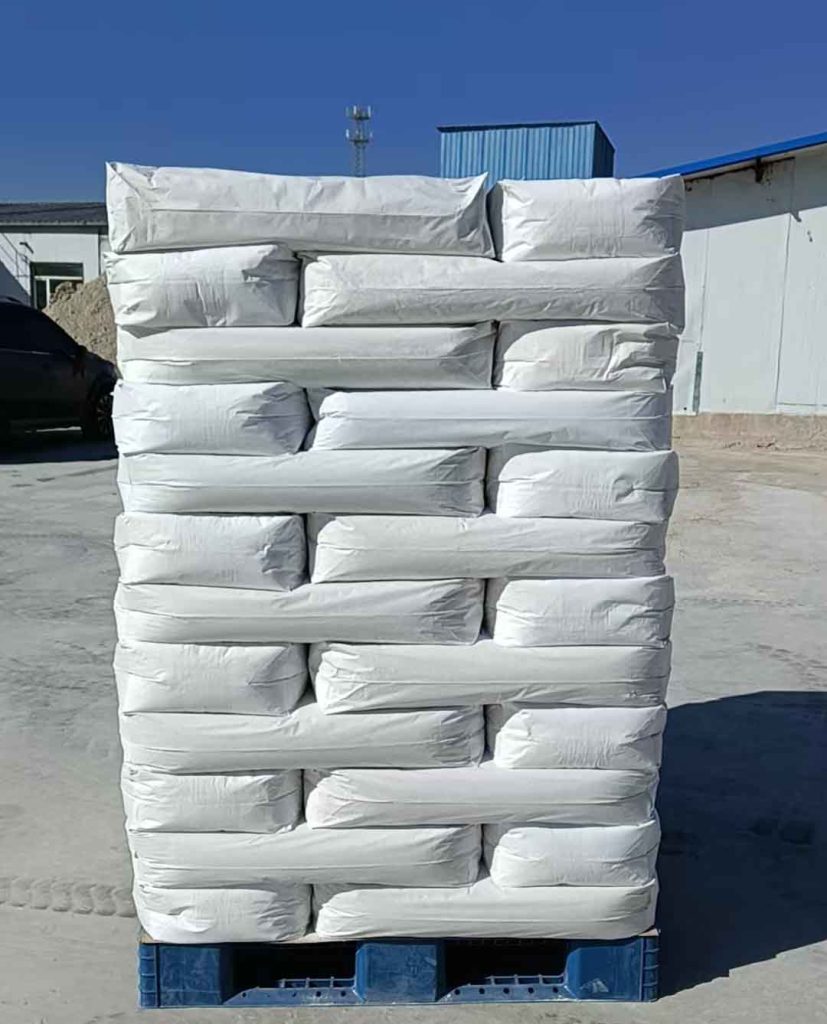Organo Bentonite Rheology Control for Paints:The amount of organoclay bentonite added to an oil-based mud formulation is something you need to be very critical about.
Because if you add too much, you may make the viscosity of the slurry is too high, affecting his pumping. If you add too little, you will not be able to achieve the expected performance, especially in some rheological properties and suspension properties can not meet the expected requirements.
We should be very rigorous in the oilfield drilling field of organic clay bentonite, to ensure that it is in the field of application to achieve efficient safety and efficiency.
At the same time, Organo Bentonite can improve the shear dilution of the mud and the ability to carry rock chips, to ensure the cleanliness and stability of the borehole during the drilling process.
This serves as a highly effective suspending agent. It plays a positive role in the improvement of rheological properties, while enhancing stability. The organically expanded chart also allows for more precise control of the density of the oil-based mud.
In some of the more complex formations, always maintain the safety and stability of drilling. This laminated structure of organophilic clay bentonite, it is an organic capping agent that can be inserted into the interlayer . At the same time, it is also lipophilic, and after modification, it can be effectively suspended and dispersed with oil or organic solvents. It is well dispersed in different solvents and organic media, and has good compatibility with different additives. And still maintains excellent stability under some high temperature and high pressure. Even in some harsh conditions.
In some coating industries, organobentonite is used as a thixotropic, suspending and thickening agent to improve the storage stability and performance of coatings during construction.
Organo Bentonite Rheology Control for Paints
Organoclay Applications | Organo Bentonite Rheology Control for Paints
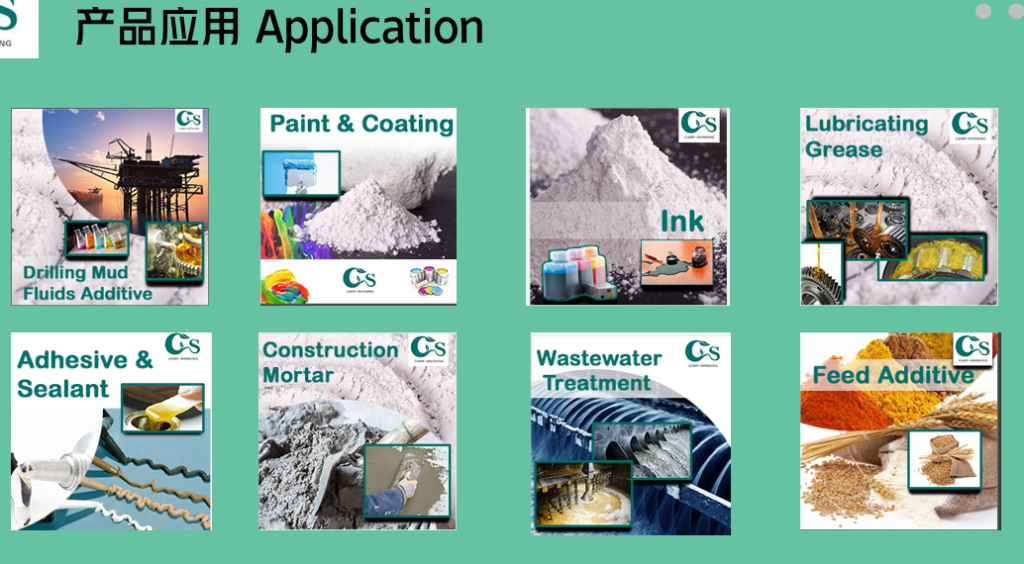
Organo Bentonite vs. Fumed Silica: Cost-Effective Rheology Control for Paints
Organophilic Clay is an easy dispersing, self activating organoclay that exhibits high performance efficiency in diesel, low aromatic mineral oil, modified vegetable oil and synthetic base fluid formulation. CP-150 unique rheological structure suspends weighting materials and other solids with less increase in viscosity and gel strength than conventional bentonite. It is highly effective in distillate and mineral oil based invert fluids.
Organoclay Bentonite is used for Oil drilling Mud,
Paint,coatings, inks, grease and domestic etc.
Base oil:
- Diesel Oils
- Mineral Oils
- Synthetic Oil
- Linear and isomerized Alpha Olefins
- Modified vegetable oil
Viscosifying drilling Fluids:
- All oil based drilling fluids
- Invert emulsion fluids
- Workover fluids
- Fracture fluids
Organoclay Advantages
- Effectively suspends weighting materials and other solids
- Maintains suspension over a wide temperature range
- Eliminates need for chemical activators
- Is easy to disperse and rapid yielding
- Suspends weighting materials and other solids
- Maintains suspension over a wide temperature range
Composition of Organoclay
Organically modified bentonite clay
Appearance Off white to tan finely divided powder,
Moisture content (105℃,2hr) ≤3.5%
Specific Gravity 1.7
Bulk density 0.40~0.60g/cm³
Organobentonite Packages
Kraft paper bag with PE liner or multi-wall paper sacks or customized. 25kg/bag or 22.68kg/bag or customized.
Organophilic clay Store in a dry, well-ventilated area with temperature of 0℃-30℃. Keep container closed. The quality guarantee period is 24 months.
